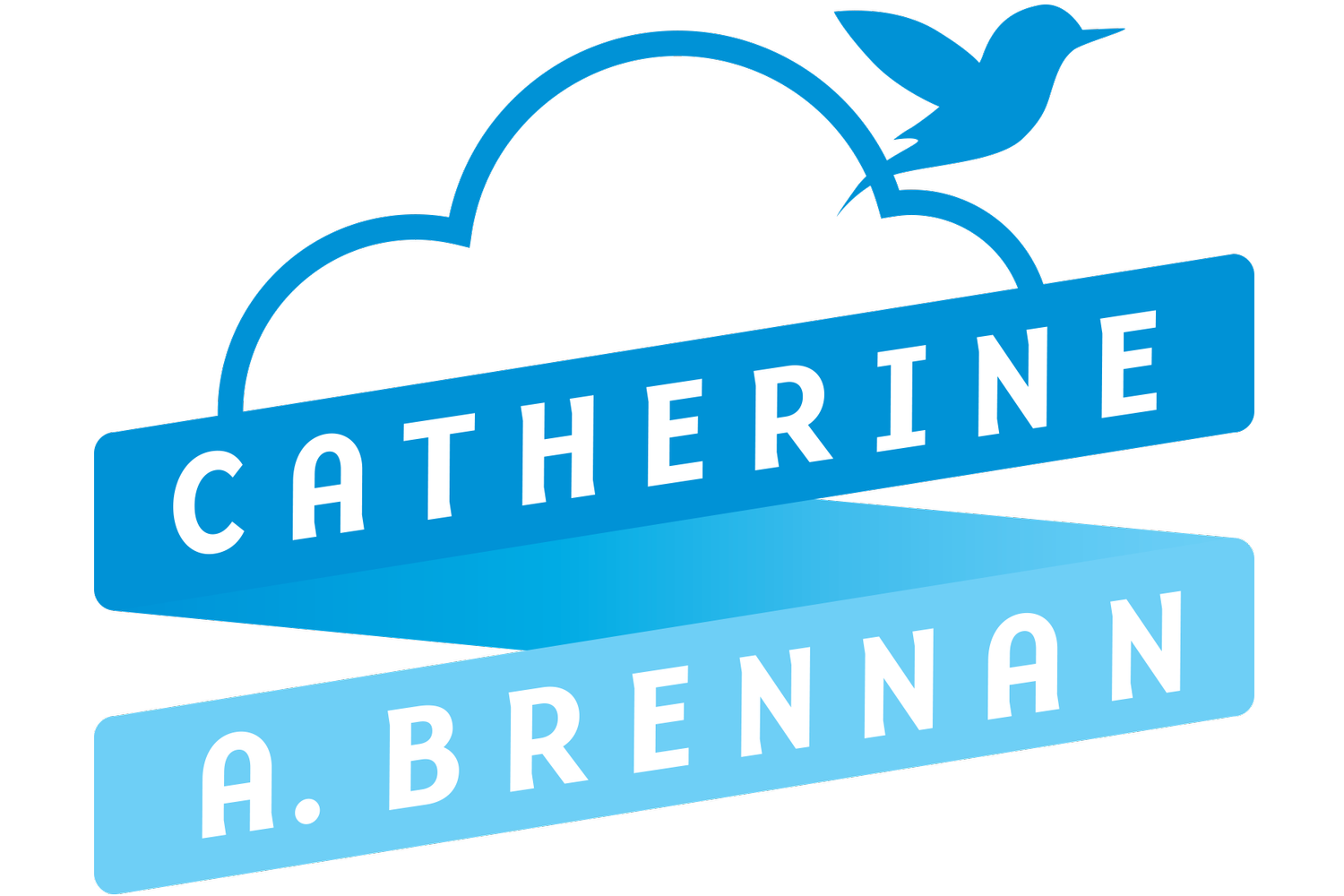Racism. It’s an ugly word. I hear white people respond to the recent racial unrest with explanations of ‘if I were in that situation . . .’ or ‘if my kid did that . . .’ Some white people clearly believe that black people’s lives are no different than their own.
Is that true? I don't think so.
Men’s lives are different than women’s, children’s lives are different than adults, rich lives are different than the poor, people in uniform’s lives are different than those who aren’t clearly identified by what they wear, and disabled people’s lives are different than people whose body is fully functioning.
So it stands to reason that black lives are different than white.
But if we as white people don’t believe that black lives are different than our own, how will we understand something we don’t believe?
What do we believe?
It’s so important to know what we believe. Our beliefs create our thoughts and attitudes, and those thoughts and attitudes lead to our actions. How do the thoughts, attitudes, and actions of men, women, children, adults, rich, poor, people wearing uniforms, disabled, people of color or those of us who are white differ?
I know this for sure, although there’s some overlap, my thoughts and attitudes are not the same as all these people groups because I’m not part of each group. AND, I won’t assume that my perspective is the same as a man’s, a police officer’s, a disabled person’s or a person of color. I’m none of those and can't compare their actions to mine without understanding what their experience has been. I won’t assume that my perspective is the only one that matters.
Ask the questions
Until I ask questions about something, I won’t be able to understand it. When it comes to racism, as a white person, it means asking a person of color how they are interpreting these current difficult events. I don’t mean finding a random YouTube video of a black person supporting my position. I mean a real live person who I have a relationship with and who will give me honest answers.
And then I need to listen. It means letting go of my fear of being wrong. It means opening my mind to another people’s truth which may be hard to believe and painful to hear. It means letting go of my white privilege and understanding another perspective. It may mean revealing the deepest ickiest part of me.
It may even mean that my beliefs are wrong.
What do my beliefs reveal about me?
Am I willing to acknowledge that there are things I don’t understand? How will I find out the truth unless I have the courage to ask?
Perspective
When I hear of people who use wheelchairs and need easier access to sidewalks and bathrooms, it’s not difficult to understand why they want that. I don’t have to use a wheelchair to know that, however, I’m sure doing so would teach me a lot.
When I hear of people who can’t make ends meet, I can have the arrogant response of, ‘get a job!’ There may be reasons they can’t get one that are beyond my understanding. What opportunities have I had that they can't even fathom? Where does my responsibility to the less fortunate stop and their responsibility start? These are tough questions.
And when I hear of racial unrest and police brutality, what do I believe? In my experience, the police protect and serve. But what is the experience of a person of color? I can’t say. I have never lived in skin other than mine, which is white.
What do you believe?
What do you believe about racism? Are your beliefs limited? Could there be something about this issue that you don’t understand?
Who will you ask? Do you have the courage to listen?
Do you believe our society can come to understanding and peace?
Are you willing to be part of the solution?





